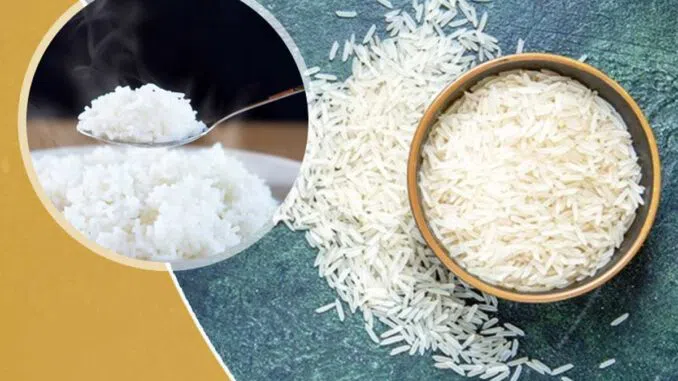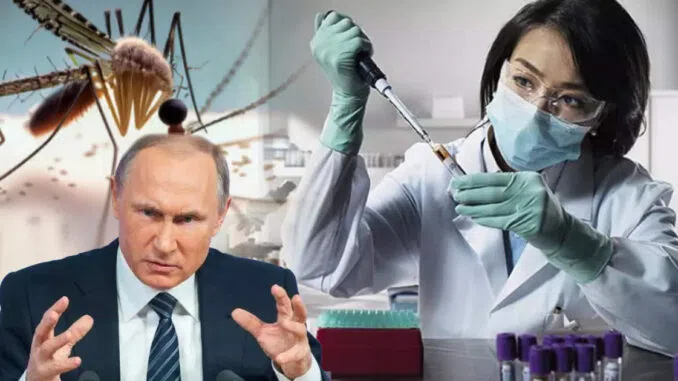Did you know that eating rice can contribute to climate change, despite the fact that it is a staple diet for more than half of the world's population? Rice is responsible for around 10 percent of worldwide emissions of methane, which is a greenhouse gas that traps almost 80 times as much heat as carbon dioxide over a period of twenty years, according to research that was published by AFP.
Rice production is not something that can be ignored, according to scientists, if we want to bring down our emissions of greenhouse gases.
Why is there a connection between the production of rice and methane emissions?
Rice, in contrast to other crops, has a layer of standing water in the field, which prevents any air exchange from occurring between the soil and the surrounding environment. As a consequence of this, the conditions of the soil in rice fields are anaerobic. This indicates that the bacteria that are active in the soil of rice fields are distinct from those that are active in the soil of wheat or maize fields. These bacteria create methane, which is eventually released into the atmosphere and contributes to global warming.
Rice is to blame for around 10 percent of global emissions https://t.co/YdsqHBcL1V
— The Carnivore Den (@CarnivoreDen) April 18, 2023
Efforts to Decrease the Amount of Methane Emitted During the Production of Rice
As part of the global methane promise, Vietnam and a number of other significant rice-producing nations in Asia have committed to reducing their emissions by thirty percent between the years 2020 and 2023. China and India, the world's two largest producers, on the other hand, chose not to join the pact. In spite of this setback, researchers are hard at work designing rice cultivars that either emit less methane or can be farmed with less water.
The Influence of Nutrition on Political Opinions
It's common knowledge that the food industry has a considerable influence on political affairs. According to Eva Vlaardingerbroek, a political activist in the Netherlands, "Politicians know that when they control the food, they control the people." In recent years, there has been a rising tendency toward synthetic meat and even meals containing mRNA. This development comes on the heels of a movement toward lab-grown meat. Even while these alternatives have the potential to help cut methane emissions, we still need to make sure that they are safe for human consumption.
Is this content hitting the mark for you? If so, consider supporting my work—buy me a virtual coffee! ☕ Your support keeps the ideas flowing. Thanks so much! 🙏 Please Contribute via GoGetFunding


